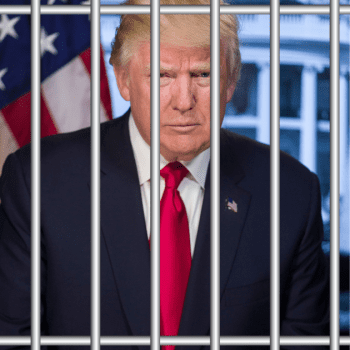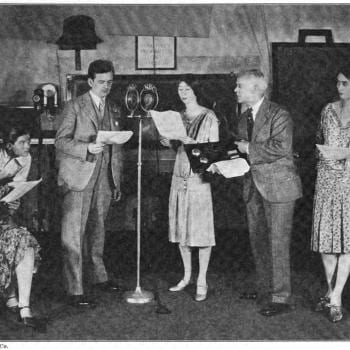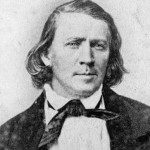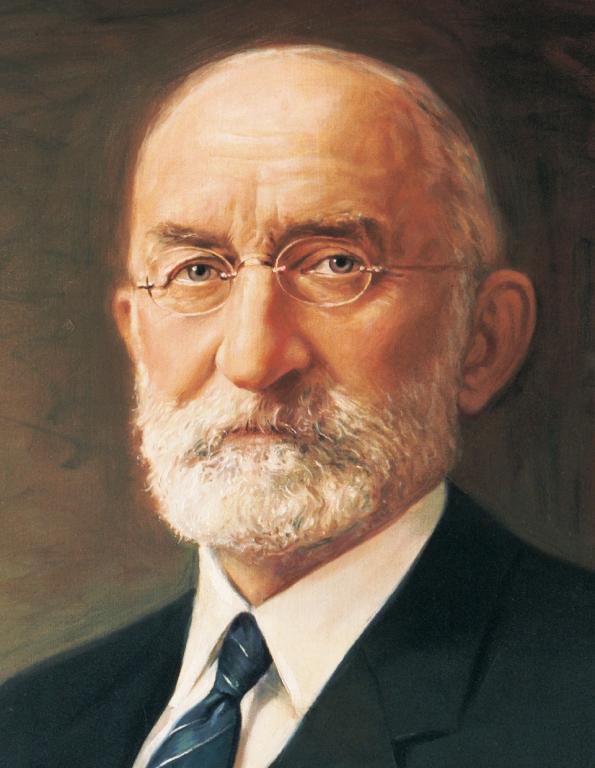
Here’s a thought-provoking article by Terryl Givens and Nathaniel Givens: “Secularism as scapegoat: In the 21st century, has faith become too easy and brittle?”
And here’s another article that’s well worth the read, by Cassandra Hedelius and Greg Smith. It addresses a piece recently written by Nate Oman, who was, briefly, a student of mine many years ago at Brigham Young University (and one of the best that I ever had): “It’s Not Loving to Mislead People About Reality: When prophets have spoken unanimously and consistently, a “stupor of thought” is far more likely indicative of resisting truth than signaling enlightenment to see beyond it. Part one of a response to Nate Oman’s essay on the possibility of same-sex sealings, “A Welding Link of Some Kind.””
This is also interesting: “The Tribune’s Peggy Fletcher Stack wins top religion reporting prize for fifth year: Pioneering journalist honored for her Latter-day Saint stories about #DezNat, BYU and Heavenly Mother.”
Congratulations to Peggy.
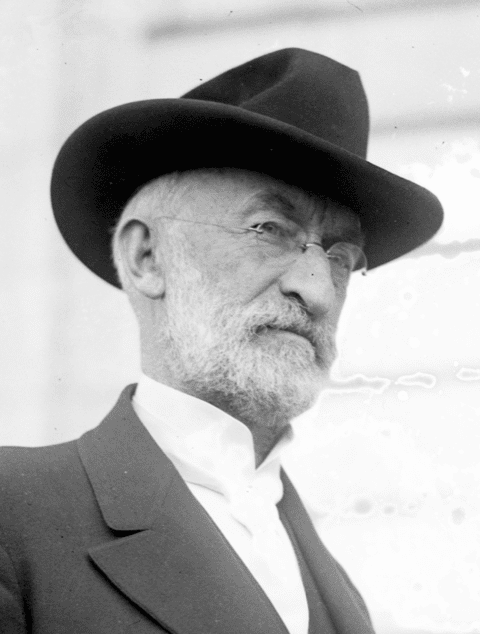
(Wikimedia Commons public domain photograph)
On Sunday, 5 October 1941, President Heber J. Grant gave the closing remarks at semi-annual General Conference of the Church of Jesus Christ of Latter-day Saints. He would live into his eighty-ninth year, until 14 May 1945, but his health was beginning to take a turn for the worse. In fact, he was just recovering from a recent stroke, and his attendance at the Conference, let alone his participation in it, had not been guaranteed. He had been serving in the leadership of the Church for a very long time, having been called to the apostleship at the astoundingly young age of twenty-five. Among his remarks, he told a story that I first heard years ago from his grandson, Truman Grant Madsen, and that I’ve used several times, in talks that I myself have given, to illustrate the concept of forgiveness. But I didn’t know where it came from and had never directly read or heard it myself. Now, though, thanks to the kindness of my friend Jeff Bradshaw, I’ve actually been able to listen to a recording of President Grant himself telling the story. And I’ve found an online transcript of the talk. Here is the relevant portion:
I pray the Lord to sanctify all that has been said here, from the start of this Conference to the close. I thank Him for the ease, the perfect ease, that I had in talking last night for forty-seven minutes. I want to say that I love the Latter-day Saints, and I love the word of God ; and I want you to know that I thank God that the Gospel is one of forgiveness.
I shall tell you one incident in my life.
A man was cut off the Church for adultery, and asked to be restored. President John Taylor wrote a letter to the brethren that had taken action against the man, in which he said: “I want every man to vote his own convictions, and not to vote to make it unanimous unless it is unanimous.”
When the matter was presented and voted upon, the vote stood half for and half against restoration. Later he came up again, and a majority were in favor of his being baptized. Finally, all of the men that were at the trial, except one, voted to let him be baptized.
President John Taylor sent for me and told me I was the only man that stood in the way of this man’s being baptized, and he said: How will you feel when you meet the Lord, if this man is permitted to come up and say he repented although his sins were as scarlet, and you refused to let him be baptized?
I said: I will look the Lord squarely in the eye, and I will tell Him that any man that can destroy the virtue of a girl and then lie and claim that she was maligning him and blackmailing him, will never get back into this Church with my vote. You said in your letter to vote our convictions, and I will vote them and stay with them unless you want me to change. He said : Stay with your convictions, my boy.
I walked to my home, only one block away. I picked up the Doctrine and Covenants. I was reading it prayerfully and humbly, and marking passages. Instead of its opening at the bookmark, it opened at the passage : Wherefore, I say unto you, that ye ought to forgive one another; for he that forgiveth not his brother his trespasses standeth condemned before the Lord; for there remaineth in him the greater sin. I the Lord, will forgive whom I will forgive, but of you it is required to forgive all men.
I shut up the book and rushed back to the President, and I said, “I give my consent.”
Brother Taylor had a habit, when something pleased him, of shaking himself and laughing. He shook himself and laughed, and said: “My gracious, Heber, this is remarkable; what has happened?”
And I told him.
He said : “Heber, when you left here a few minutes ago did you not think: what if he had defiled my wife or daughter? And when you thought that did you not feel as if you would like to just knock the life out of that man?”
I said, “I certainly did.”
“How do you feel now?”
“Well, really and truly Brother Taylor, I hope the poor old sinner can be forgiven.”
“You feel a whole lot better, don’t you?”
I said, “I certainly do.”
He added : “I put that clause in that letter for you. You have learned a lesson as a young man just become an apostle. You have learned a good lesson, that this Gospel is one of forgiveness of sin, of awful sin, if there is true repentance, and it brings peace into your heart when you forgive the sinner. It brings peace when you love the man that you hated, provided the man turns to doing right. You have learned a lesson in your youth. Never forget it.”
And I never have.
Jeff shared with me an audio file of essentially the passage above. I enjoyed it, and I think that many of you might well, too. It’s amazing, really, to hear President Grant’s own voice across all the intervening years:
But that’s way too sweet, right? So here’s yet another horror from the inexhaustible Christopher Hitchens Memorial “How Religion Poisons Everything” File©:
“Adelaide Latter-day Saint Leaders Support Multi-Faith Environmental Stewardship Gathering”
Posted from Miami, Florida



